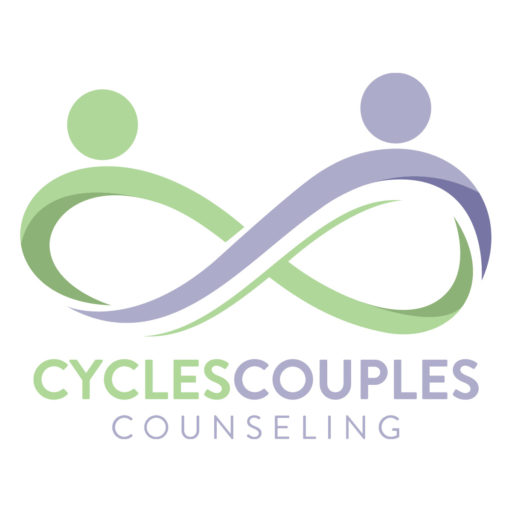Do you find yourself saying the worst thing to the person you love most in arguments? Have you ever said something truly awful to your partner—something you didn’t mean, or didn’t mean quite like that—and then immediately regretted it? Maybe you watched their face fall, or they stormed out of the room, and you were left thinking, Why did I say that? And wishing you could take it back?
It’s one of the most painful and confusing parts of intimate relationships: the way we sometimes say the most hurtful things to the person we love the most.
It’s easy to blame it on stress, exhaustion, or poor communication skills—and sure, all those things can be part of the picture. But when you dig a little deeper, there’s often something else going on. You’re trying to express pain. You’re just doing it in a way that pushes your partner away instead of drawing them closer.
When Hurt Turns Into Hurting

Here’s a hard truth: when we’re in pain and don’t know how to talk about it, we often try to show it instead.
We lash out. We say something cruel. We bring up that one insecurity we know will land like a punch. Not because we want to destroy the relationship—but because, in some twisted way, we want our partner to feel what we’re feeling. We want them to understand how deeply we’re hurting, how alone or unseen or unloved we feel.
It’s not a conscious strategy. Most people don’t sit there thinking, I’m hurt, so I’m going to make my partner hurt too. I’m going to say the worst thing to the person I love most. But underneath the surface, that’s often what’s happening. And unfortunately, it rarely works the way we hope.
Instead of creating empathy in your partner, it creates defensiveness. Instead of opening up connection, it shuts things down between you. And instead of healing the pain you’re carrying, it adds more hurt to the pile—for both of you.
Saying the Worst Thing to the Person You Love Most is Easier Than Saying “I’m Hurt”
Saying “I’m hurt” is vulnerable. It asks us to admit that we’re affected, that we care deeply, that we need something from our person. That can feel terrifying—especially if you’ve learned that vulnerability isn’t safe.
Maybe growing up, your pain was ignored, minimized, or punished. Maybe you were taught to be strong, to not let people see you cry, or to “tough it out.” Maybe past relationships taught you that showing your hurt to someone just gives that person a weapon they can use against you later.
So instead, you put on your armor. You cover your hurt with anger. You try to stay in control by going on the offensive. You say things you know you’ll regret, but in the moment, it feels like the only way you’ll be heard.
What You Really Want Them to Know
Here’s the thing: underneath every harsh word is usually a deeper message. You might say, “You never care about what I need,” but what you mean is, “I feel invisible and unimportant to you.” You might snap, “Why don’t you just leave if you’re so unhappy?” when what you’re really feeling is, “I’m scared you don’t love me anymore.”
If we could get to that raw, real place—if we could lead with our pain instead of hiding it behind anger—we’d have a much better shot at being heard and understood.
It takes practice. It takes courage. And sometimes, it takes support.
You Don’t Have to Do It Alone
If you recognize yourself in any of this—if you’ve found yourself saying the worst things to the person you love the most, or if you’re stuck in a pattern of communication that always ends in damage control—know that you’re not broken. You’re human. You’re doing the best you can with the tools you’ve been given.
Ready to learn new tools?
Our therapists can help you talk about pain in a way that invites healing instead of causing harm. Whether it’s through couples therapy or individual counseling, together Cycles Couples Counseling therapists can find ways to help you express what you’re feeling with honesty and care, so your partner can actually hear you, not just defend themselves against you.
Because loving someone doesn’t mean you’ll never feel pain in your relationship. It means learning how to tell someone “I’m hurting” – without having to make your partner hurt in the process.


